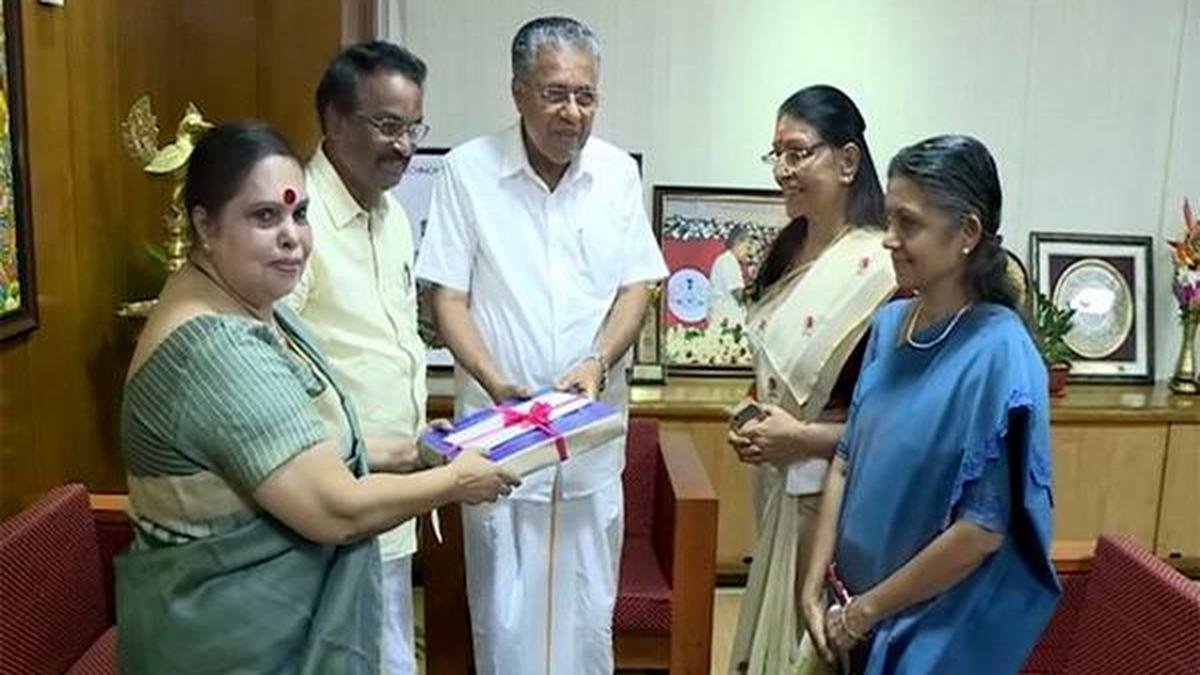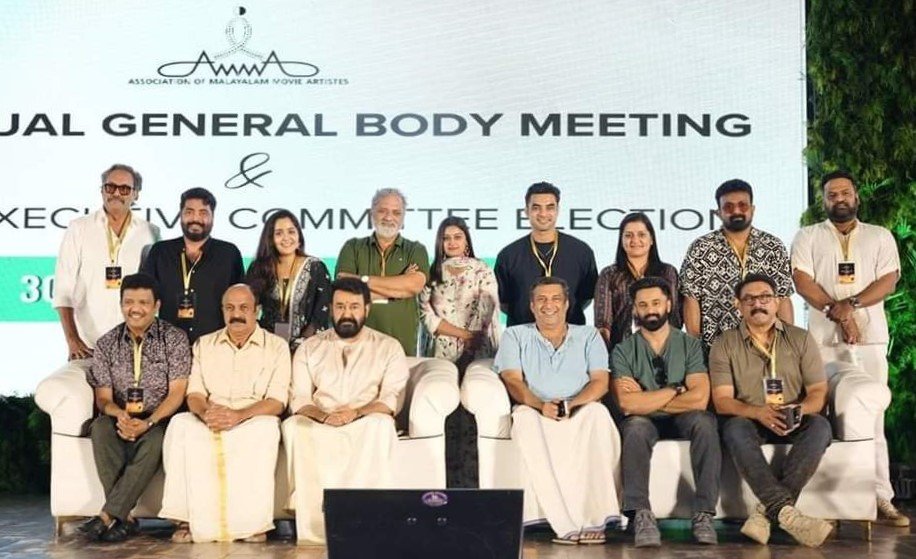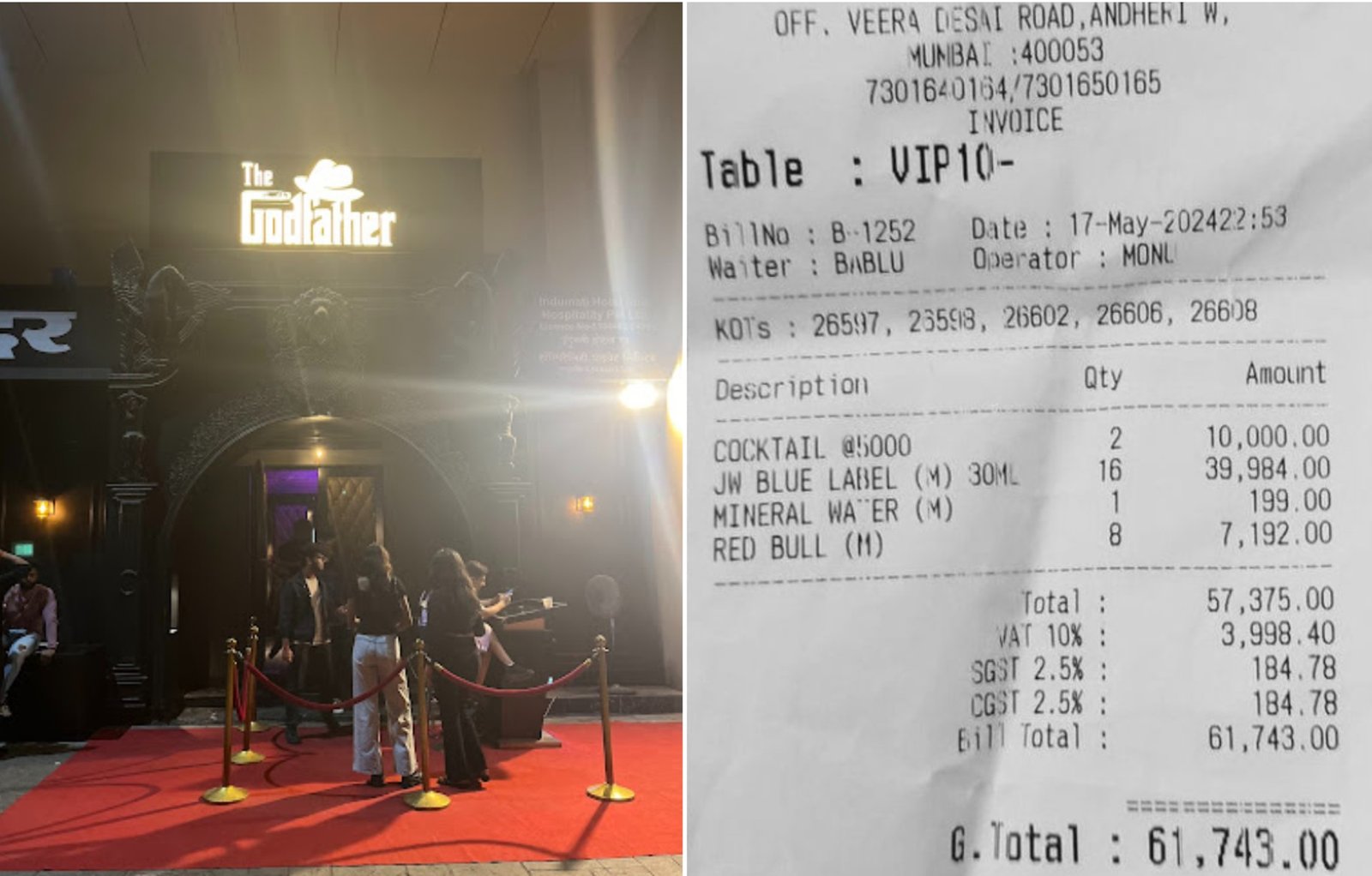Hema Committee Report exposes, 'Rampant sexual harassment in Malayalam film Industry'
- EP News Service
- Aug 21, 2024

Hema Commission Report being submitted to Kerala CM Pinarayi Vijayan in 2019
KOCHI: The Malayalam film industry is facing a significant crisis as the recently released Justice Hema Committee report reveals widespread sexual harassment and exploitation of women within the sector. This comprehensive report, which has been years in the making, highlights a disturbing culture of abuse, discrimination, and a lack of safety for female professionals.
The Justice Hema Committee, established in 2019 following a high-profile sexual assault case involving actress Dileep, has documented 17 distinct forms of exploitation faced by women in the industry. These include sexual demands made to women as they enter the industry, harassment and abuse occurring at workplaces, during transportation, and in accommodation settings, as well as a pervasive casting couch culture where offers for roles are often coupled with demands for sexual favors.
The ugly reality of the Malayalam film industry stands revealed in the Justice Hema Committee report, a redacted version of which was made public on August 19, four years after it was submitted to the Kerala government. Following the abduction and sexual assault of an actor in February 2017, which led to widespread outrage in Kerala.
The Women in Cinema Collective (WCC), comprising women actors, producers, directors and technicians, was formed in response to this incident. On May 18, 2017 the WCC submitted a petition to the Kerala Chief Minister demanding an inquiry into the incident, and larger gender issues plaguing the state’s film industry. On May 18, 2017 the WCC submitted a petition to the Kerala Chief Minister demanding an inquiry into the incident, and larger gender issues plaguing the state’s film industry. In July, the state government formed a three-member committee headed by Justice K Hema, a retired Kerala High Court judge, to look into issues of sexual harassment and pervasive gender inequality in the Malayalam film industry.
The findings indicate that many women endure these distressing conditions with little recourse to justice, often fearing retaliation from a powerful "mafia" of male producers, directors, and actors who dominate the industry. This power dynamic creates an environment where speaking out can lead to professional ostracism and personal harm.
In response to the report's findings, there have been calls for the establishment of a legally constituted authority to address grievances related to sexual harassment in the industry. Many women who testified before the committee expressed the urgent need for effective internal complaints mechanisms, which are currently lacking. However, the industry's response has been lukewarm. The Association of Malayalam Movie Artists (AMMA), a prominent industry body, has downplayed the severity of the allegations, with General Secretary Siddique stating that most complaints pertain to payment issues rather than harassment. This stance has drawn criticism from advocates for women's rights.
The revelations from the Hema Committee report have ignited a broader conversation about gender equality and the treatment of women in the workplace, particularly in the entertainment industry. Activists and industry insiders are urging for systemic changes to ensure that women can work without fear of harassment or discrimination.
As the Malayalam film industry grapples with these serious allegations, the hope is that this report will serve as a catalyst for meaningful reform, leading to a safer and more inclusive environment for all professionals. One senior Malayalam female artist now retired feels that the ongoing discussions and potential legal actions stemming from the report's findings will be closely monitored as stakeholders now seek to address the deep-rooted issues highlighted by the committee. "The path forward will require collaboration among industry leaders, government officials, and advocacy groups to create a culture of accountability and respect, ensuring that the Malayalam film industry can thrive while safeguarding the rights and dignity of its female workforce," she said.










Reporter
Crisp, and to the point news coverage from India and around the world.
View Reporter News